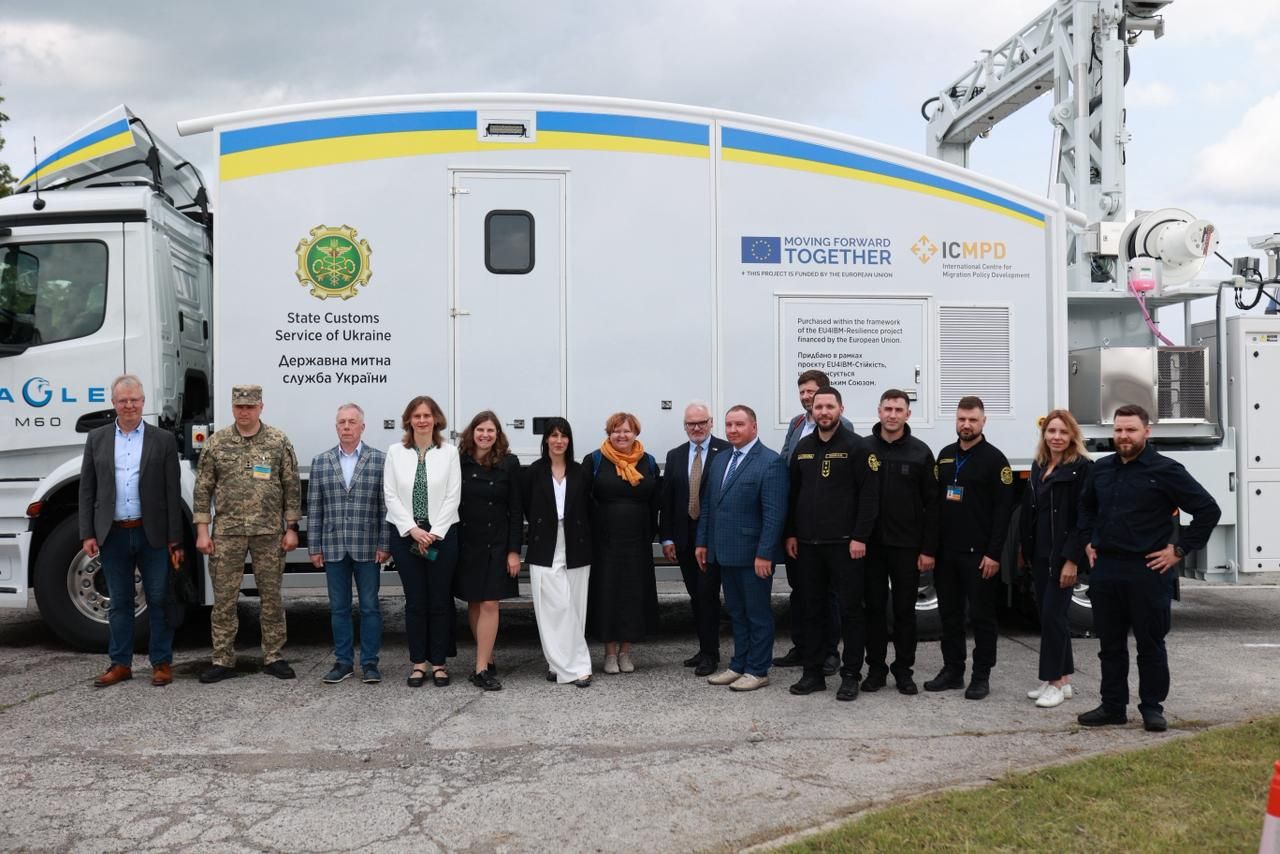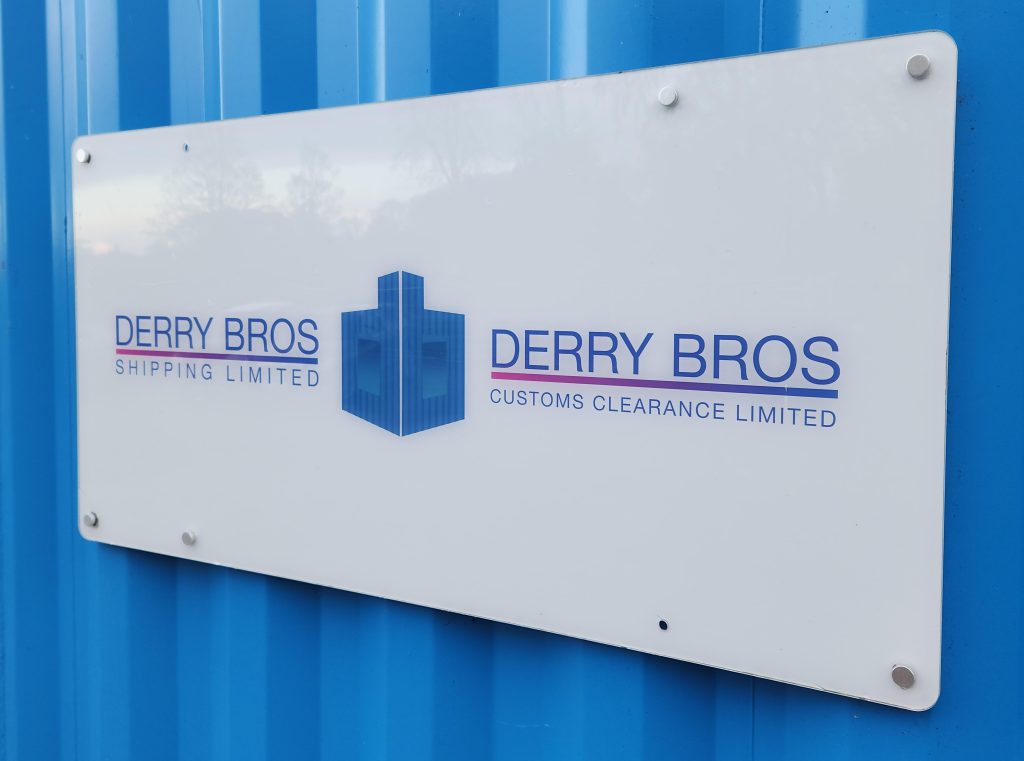A new EU-funded mobile cargo scanner will increase the capacity for transporting goods through the border crossing point in Krakovets-Korczowa at the Polish-Ukrainian border.
Valued at approximately €2.5 million, the donation is part of the EU-Ukraine Solidarity Lanes, an initiative to establish new and improved transport routes in response to Russia’s illegal full scale invasion of Ukraine.
The Solidarity Lanes, established in May 2022 to bypass Russia’s blockade of Ukraine’s usual transport routes, allow Ukraine to export their goods to world markets via the EU while also ensuring crucial imports reach Ukraine. Within this framework, the European Commission, together with authorities and partners in the EU, Ukraine and Moldova work together to identify ways to remove administrative and infrastructure bottlenecks. Key priorities include improving traffic management and border procedures, and supporting investments in infrastructure and logistics equipment like mobile scanners.
X-ray scanners are crucial for customs operations as they allow for the non-intrusive inspection of goods. The new scanner will enable customs officers to quickly and effectively inspect cargo, detecting illegal or prohibited items within minutes, while facilitating the smooth flow of legitimate trade. It will speed up border controls, but also increase the accuracy of inspections, while preventing potential damage to goods by reducing the need for physical checks.
Today’s donation is part of the activities of the EU4IBM-Resilience Project, funded by the EU and implemented by the International Centre for Migration Policy Development (ICMPD). To ensure the effective use of the scanner, the project provides specialised training for customs officers. The project also financed scanners at other border crossing points, for example at the Yahodyn border crossing in June 2025 and the Hungarian-Ukrainian border
in 2024. Additionally, the project had already ensured uninterrupted power supplies for stationary scanners located in other border crossing points, to guarantee their operation in situations of unstable power supply and blackouts. The project also trained 85 customs officers in advanced scanner image analysis offering them valuable insights, real-world practices and most recent techniques of working with images generated by these stationary scanners.
Background
To date, Solidarity Lanes have helped Ukraine export more than 183 million tonnes of goods, such as grain, ores and steel, and import nearly 76 million tonnes of essential merchandises, including fuel, vehicles, fertilisers as well as military and humanitarian assistance. The Solidarity Lanes pass through the Danube region, Poland, the Baltics, and the Adriatic region via rail, road, and inland waterways. These corridors are complementing Ukraine’s Black Sea corridor set up in the autumn 2023.



